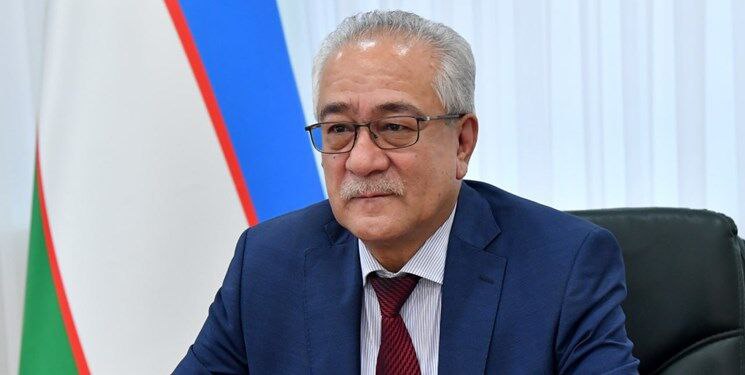Ismatullah Irgashev, Uzbekistan’s special envoy for Afghanistan, voiced support for Afghanistan’s right to use water from the Amu River, saying that equitable water sharing between Central Asian nations should be established.
President Shavkat Mirziyoyev of Uzbekistan had previously expressed concerns in 2023 over Afghanistan’s Qosh Tepa Canal project, warning it could disrupt Central Asia’s water balance. However, Irgashev’s recent remarks indicate a shift, stating, “The people of Afghanistan also have the right to use Amu River water. The issue is determining each country’s share, especially given the river’s reduced flow.”
The Qosh Tepa Canal project, which began under Afghanistan’s previous administration, is a massive infrastructure initiative to channel water from the Amu River. Stretching 285 kilometers with an 8.5-meter width, the canal has the capacity to move 668.4 cubic meters of water per second.
The Taliban absorbed the National Development Company, originally responsible for the project, into state-run entities in 2023, leaving the canal’s future uncertain. In response to regional concerns, a joint commission between Afghanistan and Uzbekistan was recently established to discuss the project, according to the Central Asia-focused news agency AKIpress.
Some Afghans worry about potential agreements between the Taliban and Central Asian countries that may impact Afghanistan’s water access. The Qosh Tepa Canal project originally began quietly under former President Ashraf Ghani’s administration, though its completion was interrupted when the Taliban took power.
Engineers and economists note that the canal project dates back to 1976, under the leadership of President Daoud Khan, but was stalled by the 1978 coup. In 2018, the Afghan government signed a feasibility study contract with American company AECOM, funded by a $3.6 million grant from USAID. The project’s design runs from Dawlatabad district in Balkh province to Andkhoy district in Faryab.





